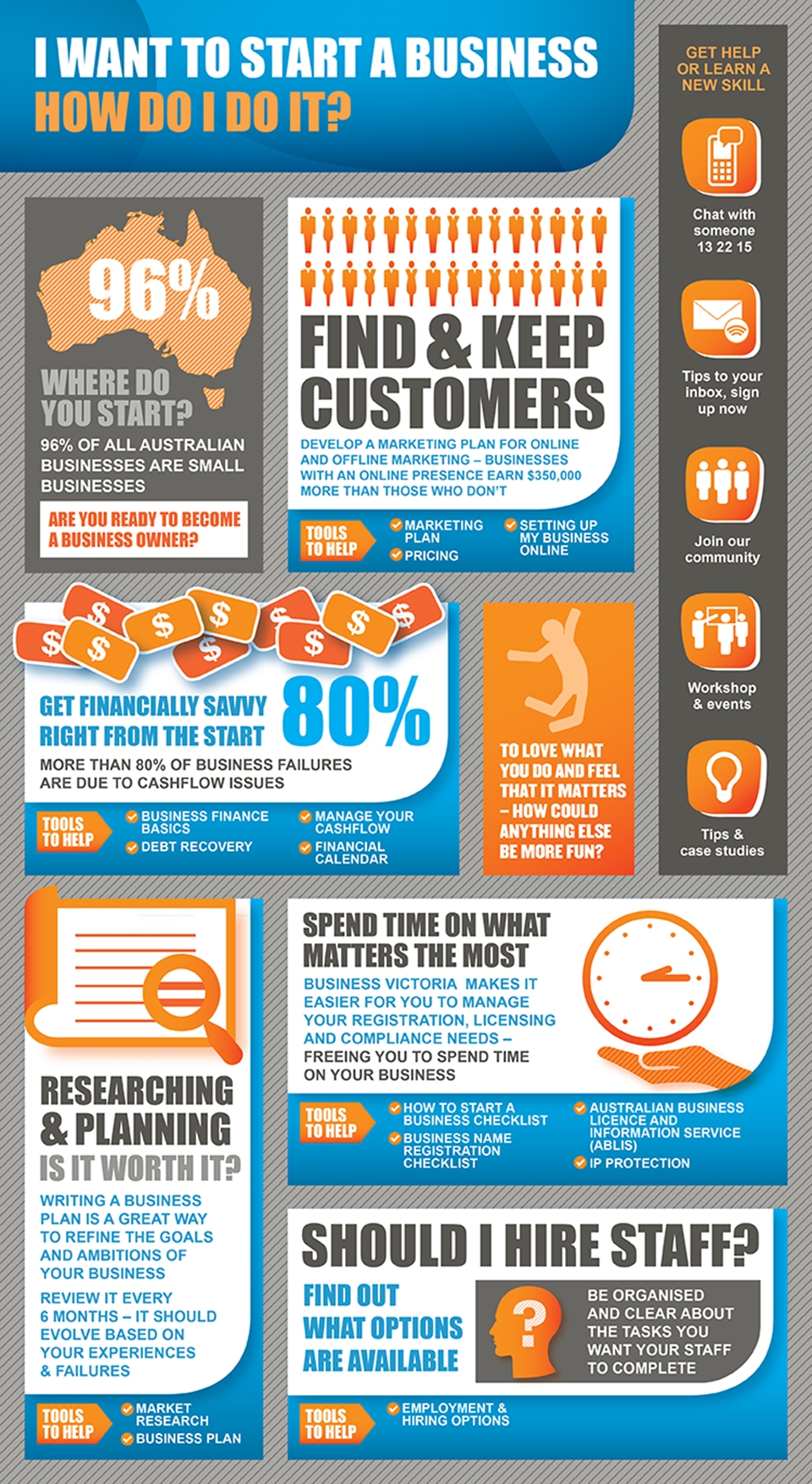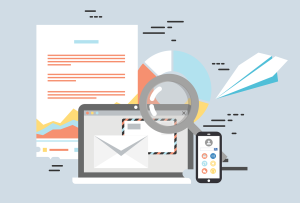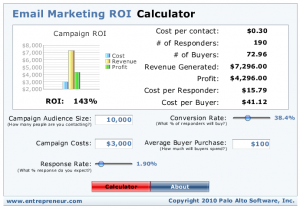— October 28, 2017
A lot of people want to start a small business. It’s not surprising; everyone knows nobody got rich working for somebody else.
A small business, after all, is independently owned and operated; you can take it as far as you want it to go. And before you start thinking that this is not a good time to take action on your business idea, know that there is never a bad time to launch your business.
Even during uncertain economic times, people still need products and services, and if you do your homework well, you might find out there’s a need for the business you’re thinking of starting.
Indeed, every dream starts small, and that includes your business.
You need to make sure, though, that you are ready to become a small business owner. That means bearing the full responsibility of the day-to-day running of your business and the numerous small tasks that you will have to handle yourself at first, including bookkeeping and other necessary activities.

If you want to start a small business but don’t know where to start, don’t worry. A lot of successful entrepreneurs now started out feeling like you do now. They have succeeded because they persisted, and so you should, too.
Given today’s new economic reality, more and more people have realized that the job they had always thought would be waiting for them when they graduate doesn’t actually exist anymore.
Rather than remain unemployed, a lot turned to setting up a small business that perfectly fit with their own life goals.
So no matter what your motivation is to start your own small business, you can start today.
Here are some basic steps and guidelines that you can follow .
How to Start Your Own Small Business
Conduct Research and Planning
This is the very first step in the process of initiating a small business. After all, you need to know if there really is a demand for your product or services.
Research is essential followed by writing a business plan based on the research. Set up goals and steps and follow it up regularly.
You might need to review your business plan every six months. It will evolve as your business evolves and you gather more experience.
Develop A Marketing Plan

A small business needs a marketing plan as much as the next one, and a marketing plan will help in finding and keeping customers.
This applies to both online and offline marketing as well. It is a statistically proven fact that a business with an online presence earns way more than those who don’t.
Here are some examples for helpful applications that you can use when you are marketing your business:
- Mailchimp — an email marketing service that saves customer emails securely.
- HyperOffice — can make you able to function without an office when you are on the go or even when traveling. You can also use it for web conference, collaboration, and synchronizing with your team.
- Pinpointed — an email marketing service and helps for the marketing of your small business.
- Zendesk — a customer service software.
Straighten Out Your Finances
This is a crucial part of your running the business. You will have to be financially savvy from the very beginning. You should know that most businesses fail in the first 18 months, and the biggest reason is cash flow issues.
So long before you need an accountant, you have to take matters into your own hands. Manage your cash flow, develop a financial calendar, and plan for debt recovery.
Here are some great applications to help you in the accounting part of your small business.
- FreshBooks — a highly recommended accounting software functioning both on the phone and online. It can create invoices, expense reports, and estimates.
- QuickBooks — makes accounting painless, easy to gather data from your accountant, and connects you directly to your bank.
Hire a Team
You need a reliable team to work with you. Each staff member has to be perfect for the role they’re assigned, and they should be able to handle more than one role, too.
Be frugal about the number of employees you need to hire. Organize the tasks for the staff to complete, and be concise in your instructions. Use a hiring service to find the best options available for your circumstances.
There are applications to help with the hiring process such as:
- Resumator — a great staff hiring application.
- You Send It — enables the sharing of files and presentations either to your team or for you to access them at such times when you are on the go.
- Tribe HR — basically an employee directory.
Take Care of Registration and Licensing
Once all these things are in place, you should then ensure that your papers are in order. There are services out there that make it easier for you to manage your registration, licensing, and compliance needs.
If you don’t want to get bogged down in the details, you should make sure to hire the service so as to free your time to be better spent on your business.
Create Your Company Website
Any business, big or small, needs to have a website at the very least, or online presence through social media.
Before you start protesting that you don’t have the big bucks to hire a web designer, know this: you don’t need to have a big budget anymore to have a website.
Unlike before when creating a website means spending thousands of dollars, you can have one now for a very minimal amount and in under 2 minutes.
The Bookmark Website Builder, for example, has its Artificial Intelligence Design Assistant that helps anyone — even those with zero coding knowledge — create a professional looking website that’s a fit for any niche.
With that website builder, virtually anyone can have a website, and you, as a small business owner, should definitely have one too.
To better remember what you need to do when you’re setting up a new business, take a look at this infographic.

Indeed, there are a number of ways that you can start your own company. You just need to do your research well, and make sure to avoid some common entrepreneurs’ mistakes, and you might just get your small business off the ground.
Business & Finance Articles on Business 2 Community
(100)





